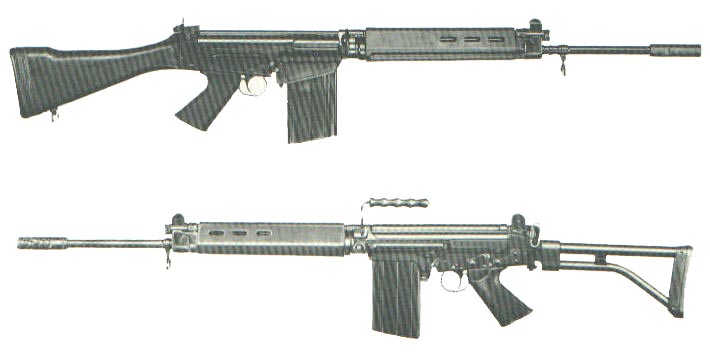I do not watch much reality TV. I find most of it to be patronizing of either the subjects or the viewers. I also find much of it to be a facade at best and mostly just a charade, even among the shows that I have enjoyed--mostly ones about real, useful survival skills. For example, we know that Bear Grylls is a survival expert, but we all also know he didn't always spend the night out in the woods while filming his survival shows, so there was some facade. I also enjoy watching Deadliest Catch--probably has something to do with my affinity for eating crab--and am certain that a good deal of the personal story lines are a charade meant to catch the interest of people who think watching Survivor is about reality. I like it because I find it interesting to glean a few facts about commercial crab fishing, and because I accept the charade as an act or entertainment. During the current season of Deadliest Catch a new "pre-show" has been introduced where the captains and some crew members give "inside" information about their jobs. In this pre-show--Deadliest Catch--The Bait--there is a segment where the boat captains talk to a "captain" from some other organization. Last night it was a fire department captain from Seattle. During his introduction of his job he called the fire department a "paramilitary organization", which set off a bunch of bells and whistles in my brain.
A paramilitary organization is not only organized along recognizable rank structures that one expects to see in a military organizations, but as the prefix "para" indicates, the activities of the organization would parallel those of the military. Webster defines paramilitary as "forces working along with, or in place of, regularl military organization." Last time I checked, fire departments do not fit that definition, while most military organizations do contain fire departments of their own because fire is a real threat for military organizations, a civilian fire department is not part of or in place of the military organization. As a matter of fact, neither are police departments. For my two cents, we throw around words like paramilitary all too often without concern for what is really meant. Simply having organized rank structures and command structures does not make an organization paramilitary. Every corporation has a command structure--most people know who their boss is, who their bosses boss is, and so forth.
We do not need to call our fire departments and police departments paramilitary organizations, we need to avoid using such language purposely. Using the word paramilitary signals an intent on the part of the organization being referenced as acting as a military force. I am pretty certain that maintaining the public good of safe communities is not a military activity--as we have limited greatly the use of military force through law so that only national guard units and only under order of state governments can operate in any state and when operating in these states the national guard takes on civic duty and ceases to engage in a military function--beyond the nature of the organization's command structure.
A paramilitary organization is not only organized along recognizable rank structures that one expects to see in a military organizations, but as the prefix "para" indicates, the activities of the organization would parallel those of the military. Webster defines paramilitary as "forces working along with, or in place of, regularl military organization." Last time I checked, fire departments do not fit that definition, while most military organizations do contain fire departments of their own because fire is a real threat for military organizations, a civilian fire department is not part of or in place of the military organization. As a matter of fact, neither are police departments. For my two cents, we throw around words like paramilitary all too often without concern for what is really meant. Simply having organized rank structures and command structures does not make an organization paramilitary. Every corporation has a command structure--most people know who their boss is, who their bosses boss is, and so forth.
We do not need to call our fire departments and police departments paramilitary organizations, we need to avoid using such language purposely. Using the word paramilitary signals an intent on the part of the organization being referenced as acting as a military force. I am pretty certain that maintaining the public good of safe communities is not a military activity--as we have limited greatly the use of military force through law so that only national guard units and only under order of state governments can operate in any state and when operating in these states the national guard takes on civic duty and ceases to engage in a military function--beyond the nature of the organization's command structure.

